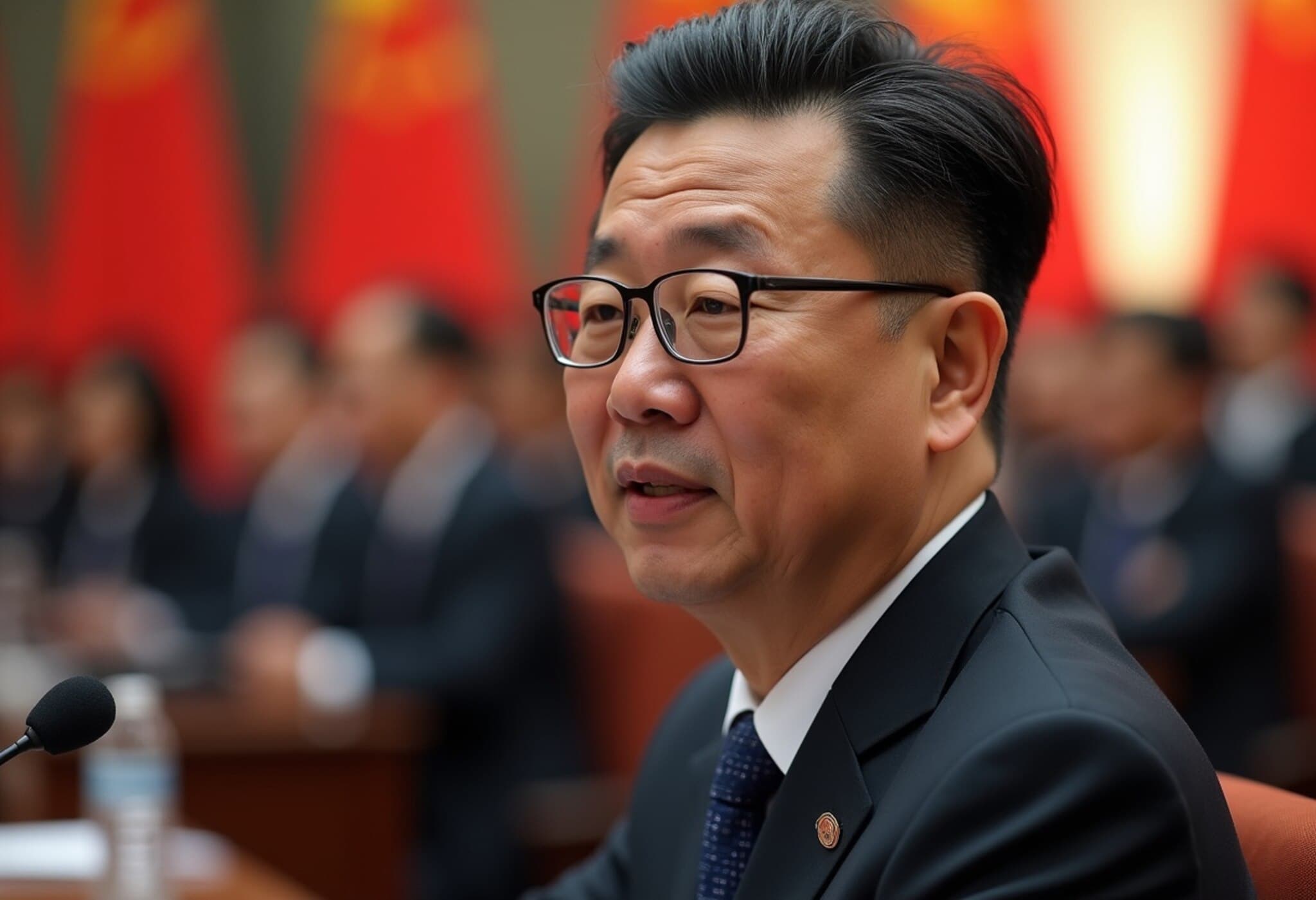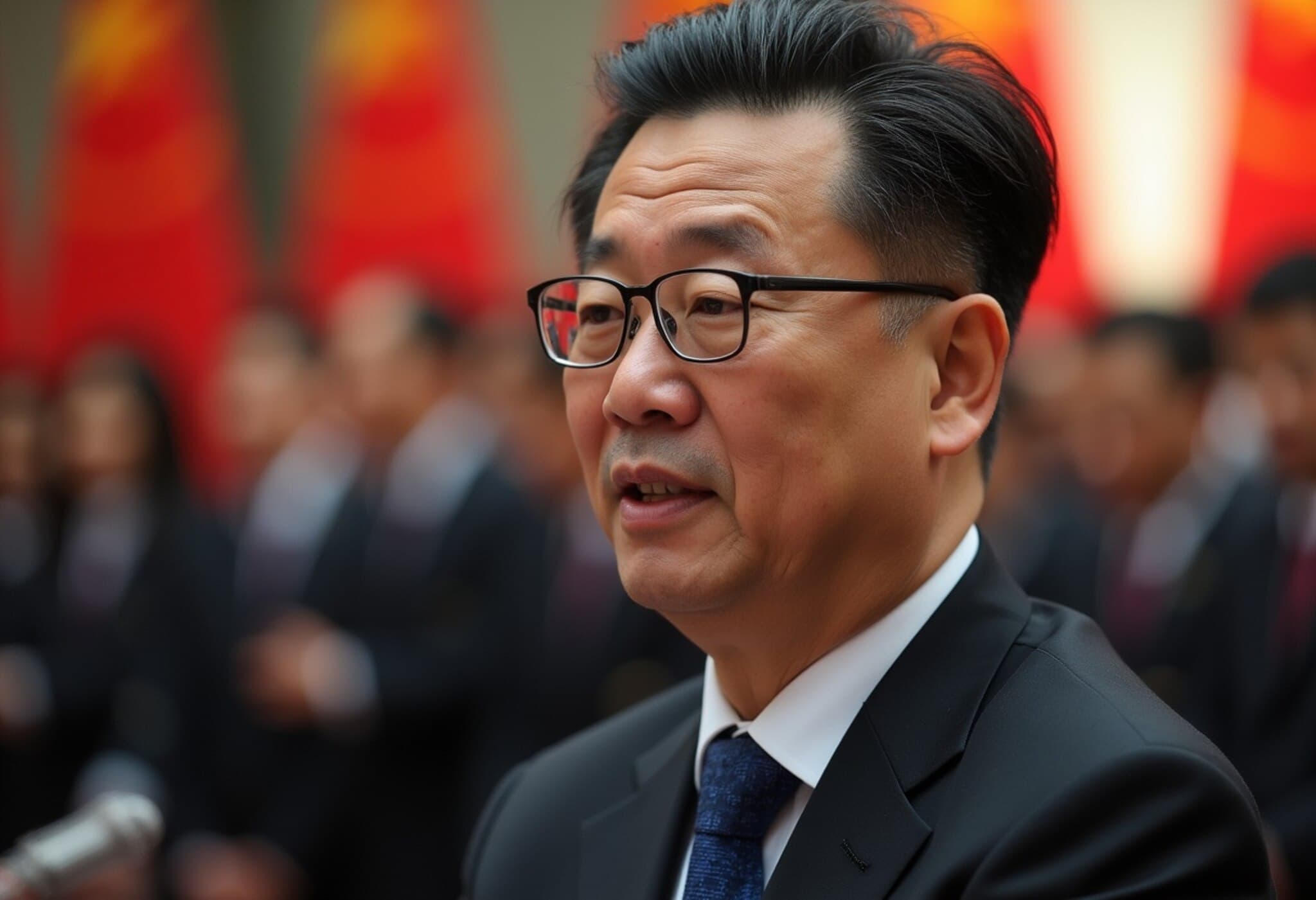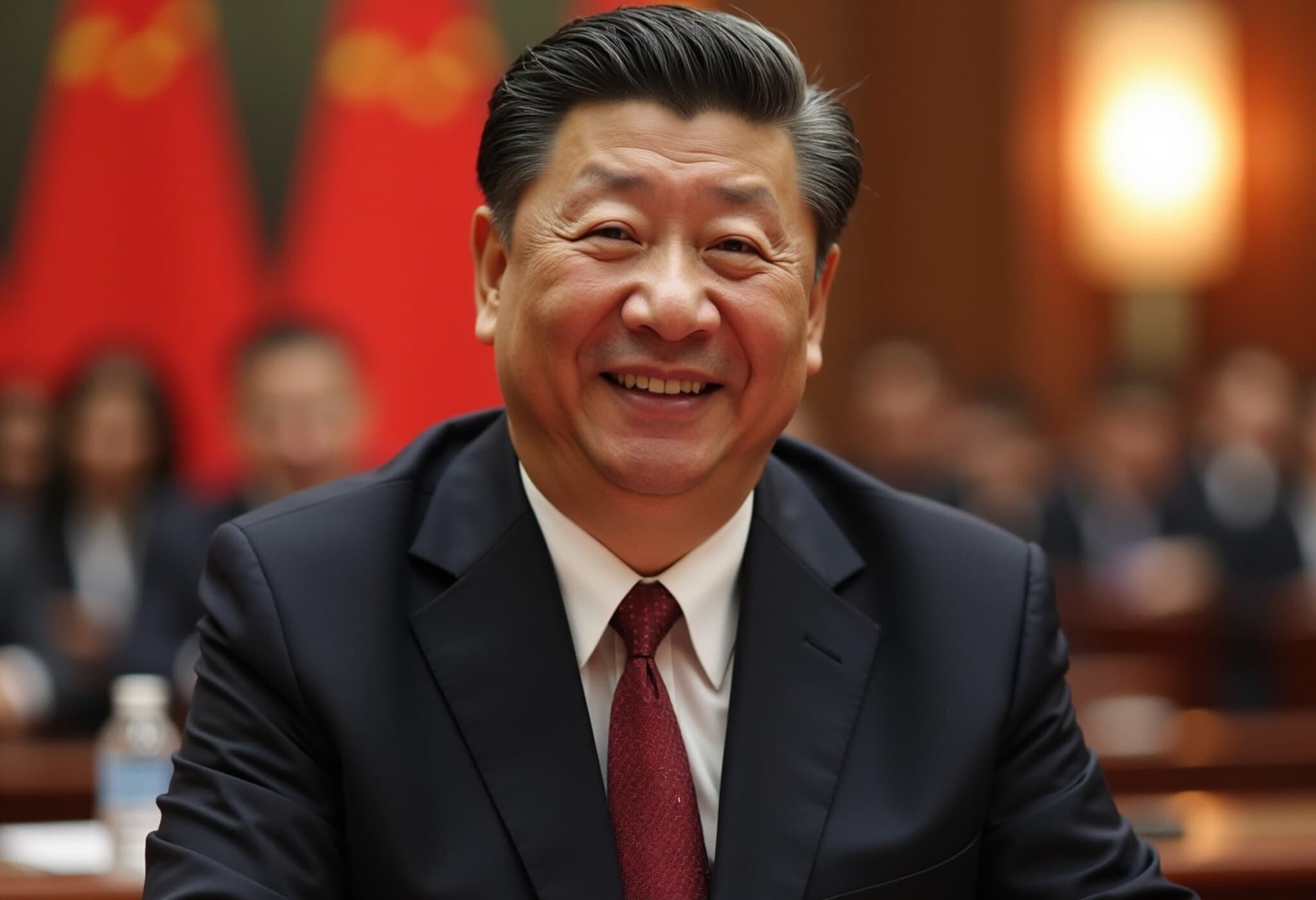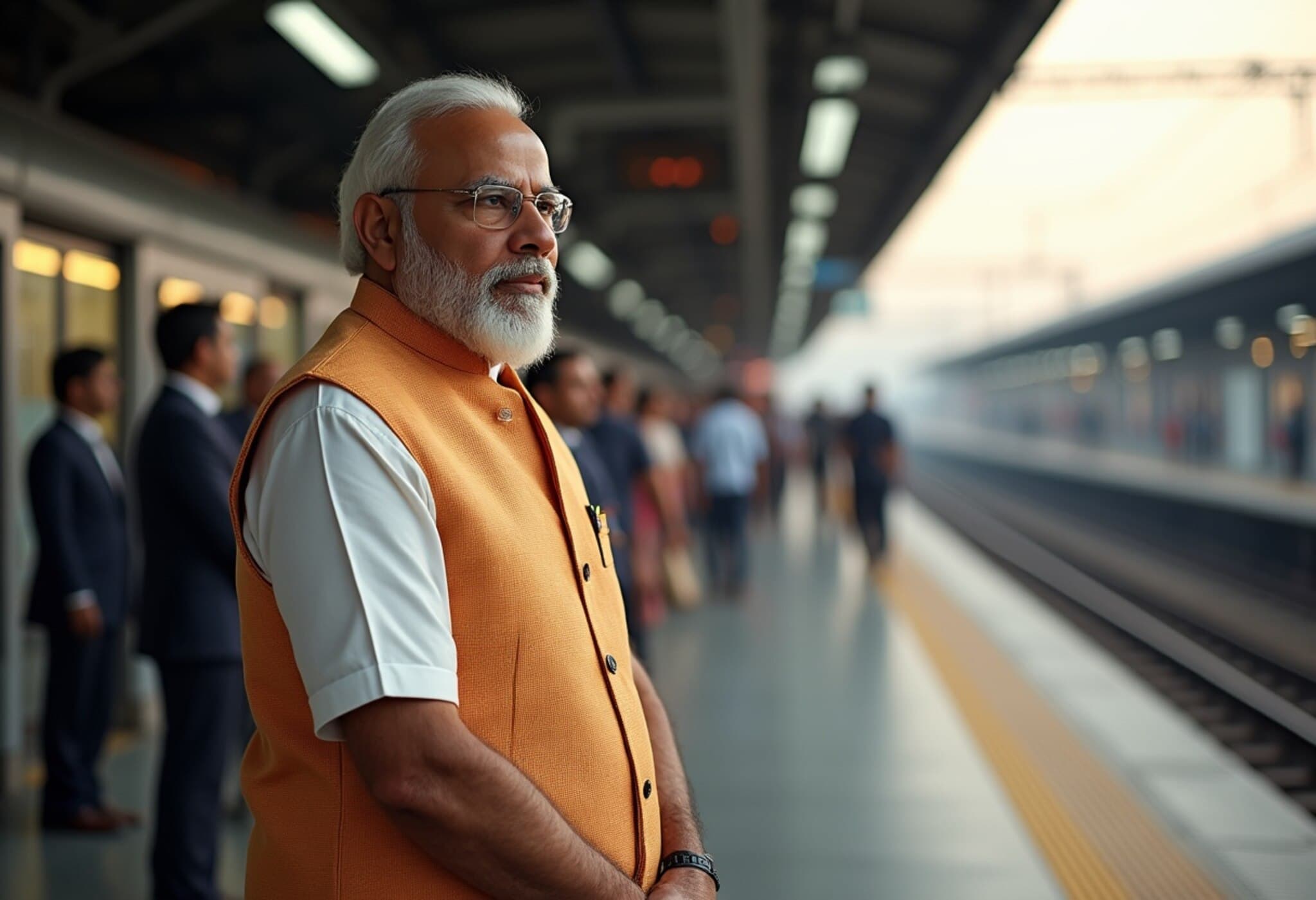Senior Chinese Diplomat Liu Jianchao Detained: Implications for China’s Foreign Policy
In a development that has sent ripples through the global diplomatic community, Liu Jianchao, a senior Chinese diplomat long considered a likely candidate for the role of China’s foreign minister, has been detained for questioning following a recent overseas trip. The move marks one of the highest-profile disciplinary actions within China's diplomatic ranks in recent years and sparks deeper questions about internal political dynamics in Beijing.
Who is Liu Jianchao?
Liu Jianchao, aged 61, currently leads the international department of China’s ruling Communist Party, a key body responsible for managing the party's interactions with foreign political entities. Over his long diplomatic career, Liu has built a reputation as a seasoned political operator. He has served as China’s ambassador to both the Philippines and Indonesia and was also a spokesperson for the Ministry of Foreign Affairs. Additionally, Liu held prominent positions within the anti-corruption organizations that are part of President Xi Jinping’s extensive campaign against graft.
Details Surrounding the Detention
According to reports from The Wall Street Journal and the Agence France-Presse, Liu was detained upon his return to Beijing in late July after an official trip abroad that included stops in Algeria, several African countries, and Singapore. The exact reasons for his detention remain shrouded in secrecy, fostering speculation about political factionalism or possible breaches of protocol.
- Timing: Liu was last publicly seen on July 29 during diplomatic visits in Algeria.
- Previous controversies: His detention represents the most significant diplomatic inquiry since the sudden removal of former foreign minister Qin Gang in 2023 amidst scandalous rumors.
- Political context: Liu recently publicly criticized the U.S. defense secretary for encouraging American allies to bolster their militaries against China, highlighting rising geopolitical tensions.
What Does This Mean for China’s Diplomatic Landscape?
Liu’s fall from grace—given his stature and potential path toward the top foreign affairs position—signals possible intensified internal power struggles within the Communist Party at a time when China faces increasing international pressure and scrutiny. Experts suggest that intense factional rivalries and anti-corruption drives under Xi Jinping’s leadership have become instruments not only for governance reform but also for consolidating political authority by sidelining rivals.
Furthermore, Liu’s detention adds another layer of complexity to China’s diplomacy, particularly amid a fraught U.S.-China relationship characterized by military posturing and diplomatic frictions. It raises concerns about the stability of China’s foreign policy team and prospects for coherent international engagement at a critical geopolitical juncture.
Underreported Perspectives and Broader Implications
While the official narrative remains opaque, this incident shines a light on several underexplored issues:
- Role of Party Politics in Diplomacy: China’s diplomatic corps often functions as an extension of the Communist Party’s internal dynamics, with political loyalty weighing as heavily as diplomatic expertise.
- Anti-corruption as Political Mechanism: Beyond rooting out graft, anti-corruption campaigns may serve to discipline or remove potential challengers, reflecting a nuanced power calculus.
- Potential Impact on Global Diplomacy: The detention of a high-profile diplomat could unsettle ongoing negotiations and complicate Beijing’s messaging strategy amid escalating global tensions.
Observers inside and outside China will be watching closely to see how Beijing handles Liu’s case and what it reveals about the trajectory of China’s diplomatic priorities and political order.
Expert Commentary
Dr. Emily Hart, a China policy analyst at the Center for Strategic and International Studies (CSIS), notes, "Liu Jianchao’s detention underscores the precarious balance Chinese officials must maintain between serving international interests and navigating the party’s intricate political landscape. Such high-profile moves are emblematic of Xi’s approach to tightening control within the party apparatus, even at the expense of foreign policy continuity.”
Looking Ahead
The international community remains eager for clarity on the charges against Liu and any potential ripple effects on diplomatic efforts, particularly in the Indo-Pacific region where Liu had been engaged before his detention. This episode may also reflect broader instability or realignment within China’s elite policymaking circles as the country prepares for forthcoming international challenges.
Editor's Note
The detention of Liu Jianchao dramatically highlights the intersection of diplomacy and domestic politics in China’s governance model. It invites critical questions about how power is wielded behind closed doors and how these internal upheavals might affect not only China's foreign relations but also global geopolitical stability. Readers should consider the implications of such political maneuvers on the reliability and predictability of China's engagement with the world and watch for evolving narratives as more information emerges.












